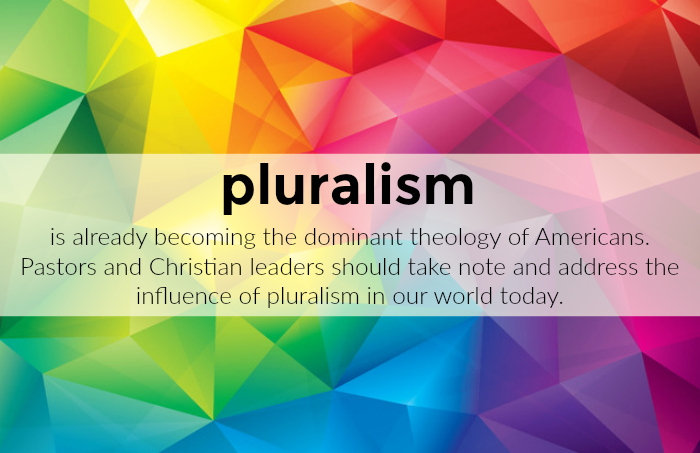Kerby Anderson
More and more Americans believe in pluralism and many believe in universalism. First, let me define the terms. Universalism would be the belief that everyone will be saved after death and go to heaven. Pluralism is the belief that all faith positions and belief systems are equally true or essentially true.
According to a Barna survey, Americans are still not embracing universalism. A majority of Americans still believe in exclusive views rather than inclusive views concerning heaven. Those surveyed were asked if they agreed or disagreed with this statement: “All people will experience the same outcome after death, regardless of their religious beliefs.” Americans disagreed with the statement by 55 percent.
This survey shows that Americans still reject the idea that everyone is saved, but the declining percentages suggest that universalism may become the dominant theological view in the next few years. Given the influence of tolerance and political correctness, it is reasonable to assume that universalism will become more prevalent over time.
What about pluralism? The survey asked if Americans agreed or disagreed with this statement: “It doesn’t matter what religious faith you follow because they all teach the same lesson.” A majority (54%) disagreed with that statement, though 43 percent agreed with the statement.
The study also discovered that 59 percent of adults believe that “Christians and Muslims worship the same God even though they have different names and beliefs regarding God.” The study also found that 43 percent believe that “the Bible, the Koran and the Book of Mormon are all different expressions of the same spiritual truths.”
Pluralism is already becoming the dominant theology of Americans. Pastors and Christian leaders should take note and address the influence of pluralism in our world today.
 Listen Online
Listen Online Watch Online
Watch Online Find a Station in Your Area
Find a Station in Your Area











 Listen Now
Listen Now Watch Online
Watch Online
